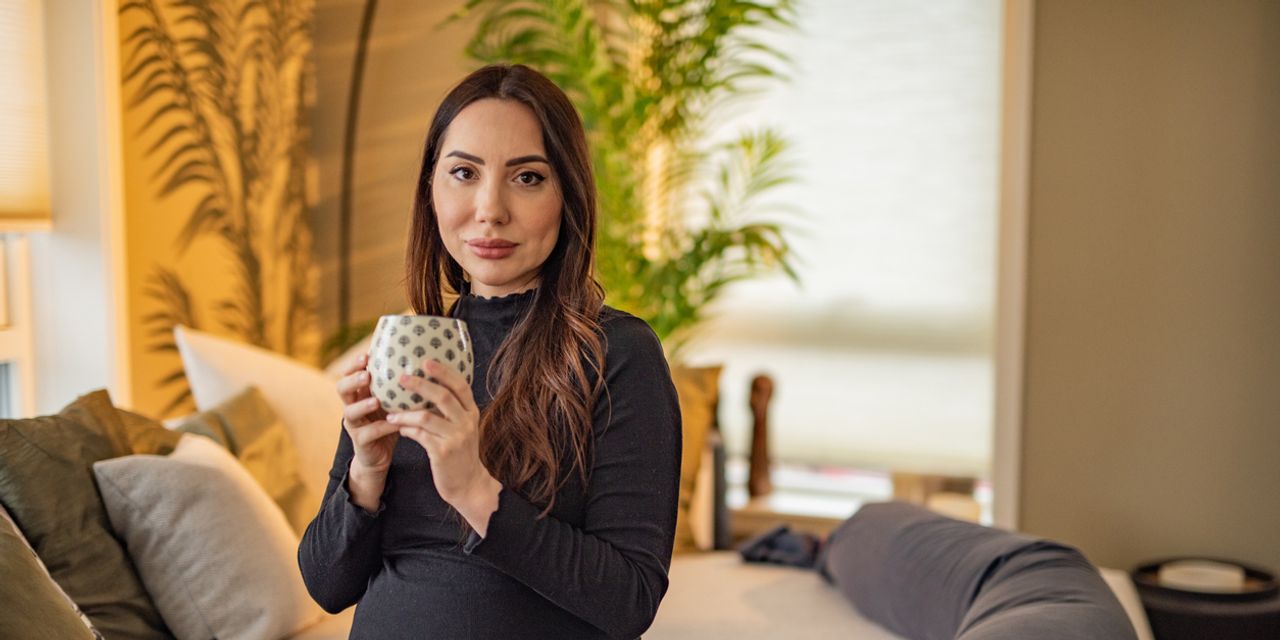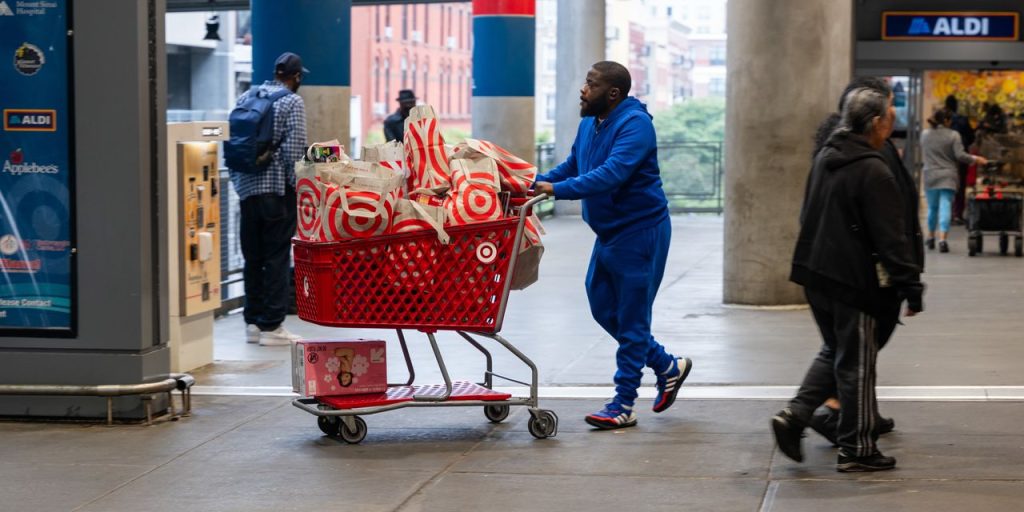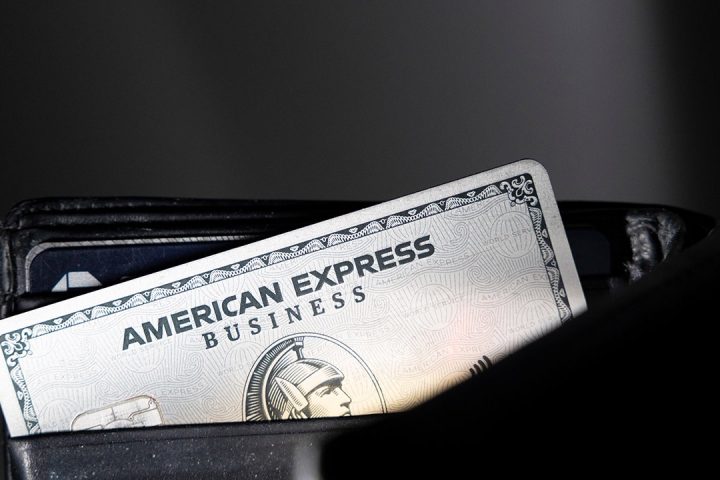In 2019, the last of my two grandparents passed away. Their house, which has been fully paid off, has been sitting alone ever since. I grew up in the house, and I’m expecting a baby, so it would mean the world to live there.
However, I have so many questions. Who really owns the home? There are conflicting reports.
According to people around me when they passed, the house was left to my father. However, neither my uncle nor father lives in the house, and my father told me that my uncle has the deed and key and wouldn’t give it to him.
Every time I Google
GOOGL,
GOOG,
the home my uncle’s name pops up as the contact rather than my father. Does this mean I’d have to go to my uncle and ask to buy the home from him? Or can I get around these two men, and their bickering?
Either way, it’s sitting perfectly still, untouched, and it makes me sad.
Planning My Next Move
‘The Big Move’ is a MarketWatch column looking at the ins and outs of real estate, from navigating the search for a new home to applying for a mortgage.
Do you have a question about buying or selling a home? Do you want to know where your next move should be? Email Aarthi Swaminathan at [email protected].
Dear Planning,
Two things: Firstly, you can’t go through — or around — two bickering brothers because you are not your grandparents’ direct heir. Secondly, please don’t rely on third parties for information. Go directly to the source.
A direct heir is someone who is next of kin — in this case, your grandparents’ children. Who actually owns the house? Did your grandfather bequeath his house to your father and uncle? Or did it only go to your uncle?
There are two scenarios: either your grandparents died without a will, or they left their home to your father and/or your uncle. When somebody dies intestate — without a valid will — their estate goes through the probate process in accordance with state law.
Finding your grandfather’s will
Wills are confidential when the testator — the person who wrote the will — is alive. But once they have passed, wills go through probate, and become a public document. The Surrogate Court in your county will have a copy of this will, if one exists.
But in cases where a person dies intestate — and doesn’t leave a will behind — the estate will be administered by the probate court. If both owners have passed, the house will go to their beneficiaries, in this case your grandparents’ children.
If your uncle has the keys of this house and the deed in his possession, your father will likely need to contact an estate attorney and go through the proper legal process to gain access to the house, if it was indeed left to him.
Should it turn out that the property was left to both your father and his brother, your father’s attorney could issue a partition action for the probate court to force the sale of the home. Property taxes, in the meantime, should be paid from your grandparents’ estate and/or by all of those who are listed on the deed.
Finding the property deed
You say the home is listed in your uncle’s name online. Some sites use public records, so it may be that your uncle, not your dad, does indeed own the former family home. A deed is typically notarized and filed as part of the public record with the Recorder of Deeds in the county.
Assuming the home is owned by your father, it makes better sense for him to leave it to you in his will, and allow you to live there. Assets inherited from your father are passed on through a “step-up in basis” or are valued at the current value, not the purchase price.
Here’s how it works: you inherit the house, which was bought for $500,000, but it’s now worth $1 million; you won’t pay capital gains tax on that $500,000 increase in value. If it goes up in value a year from now, and it’s worth $110,000, you will only pay capital gains on that $100,000 increase in value.
If you do end up living in and/or inheriting this home, keep a slush fund for repairs and maintenance. A building inspector will tell you if the house comes with any issues, such as mold or faulty wiring. That would be the last thing you need as a new mother.
In an ideal world, this house would be a beautiful, untouched, amazing home, and buying it from your uncle or inheriting it from your father would allow you to hang onto the property without having to contend with potential bidding wars.
Finally, make sure it makes sense financially to buy this home, if that’s what you have to do. Don’t let sentiment or emotions get in the way.
Related:
My mom had a trust, so why do we still need probate to settle her estate?
‘We have no children’: My attorney says avoid probate. Should I put my $850K estate in a trust, and split it between family and charity?
Avoid these 3 estate-planning mistakes and make probate cheaper and easier for your loved ones
By emailing your questions, you agree to having them published anonymously on MarketWatch. By submitting your story to Dow Jones & Company, the publisher of MarketWatch, you understand and agree that we may use your story, or versions of it, in all media and platforms, including via third parties.
This week’s Big Move question was spotted on Reddit.
Read the full article here







